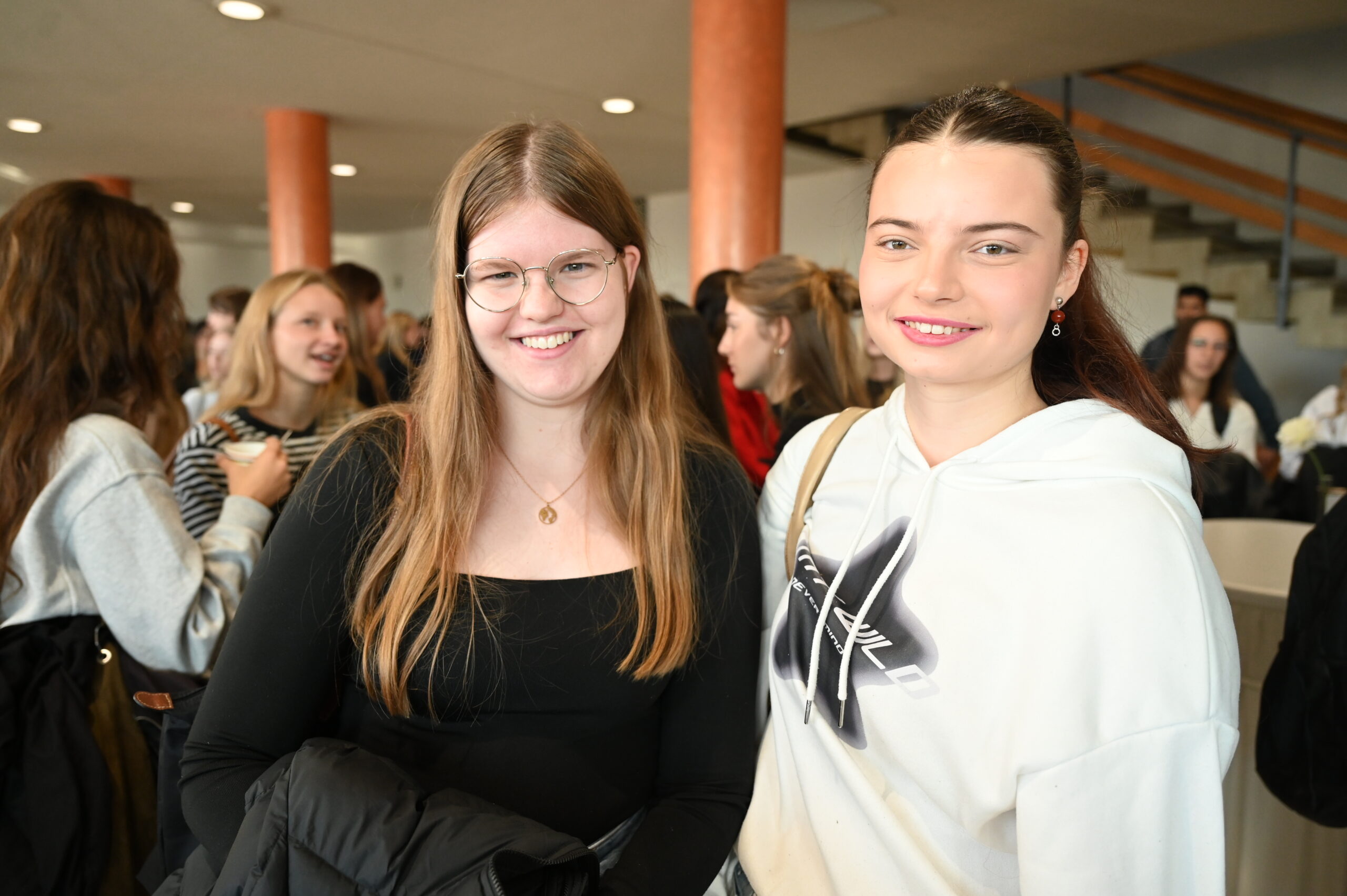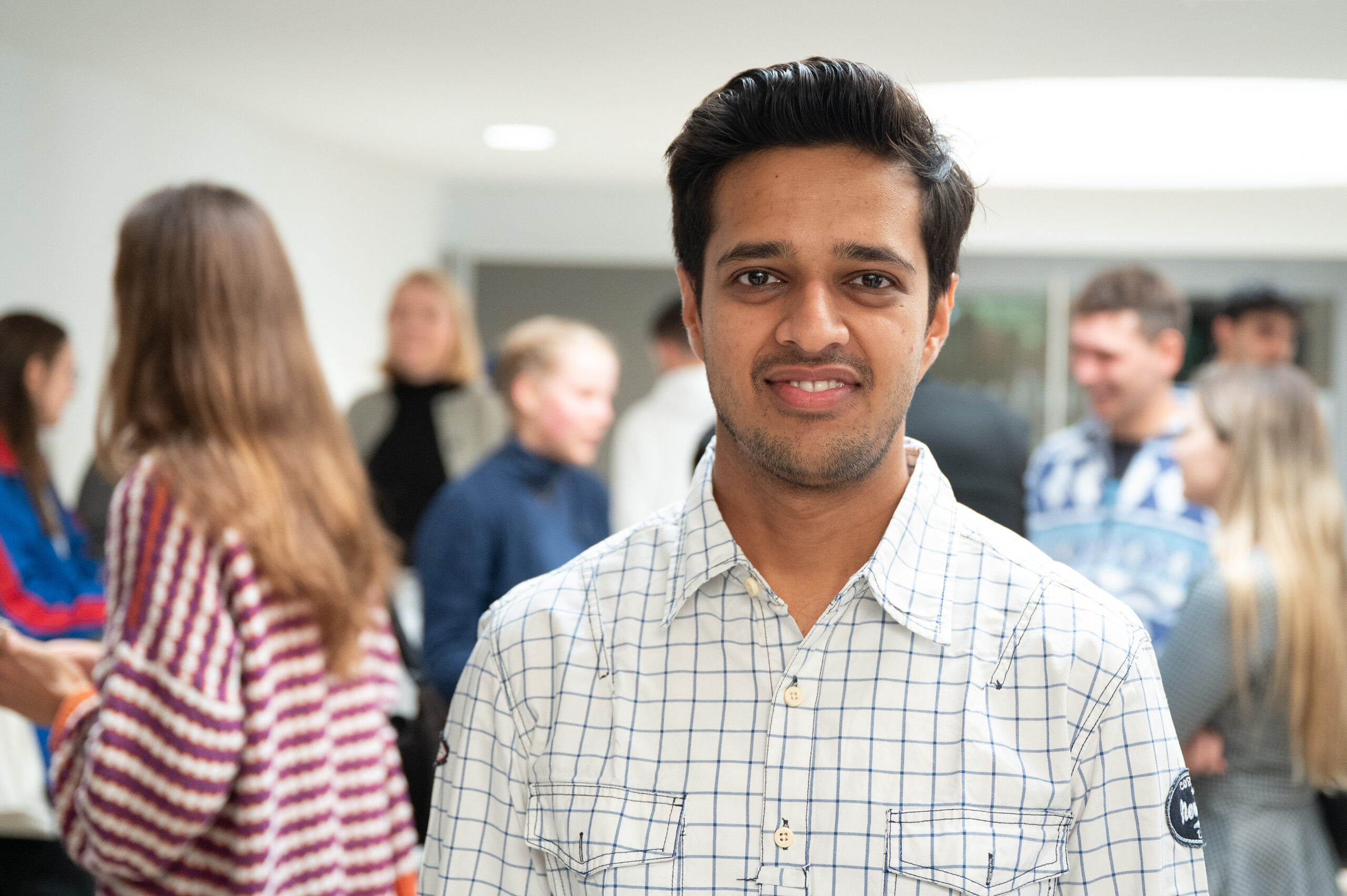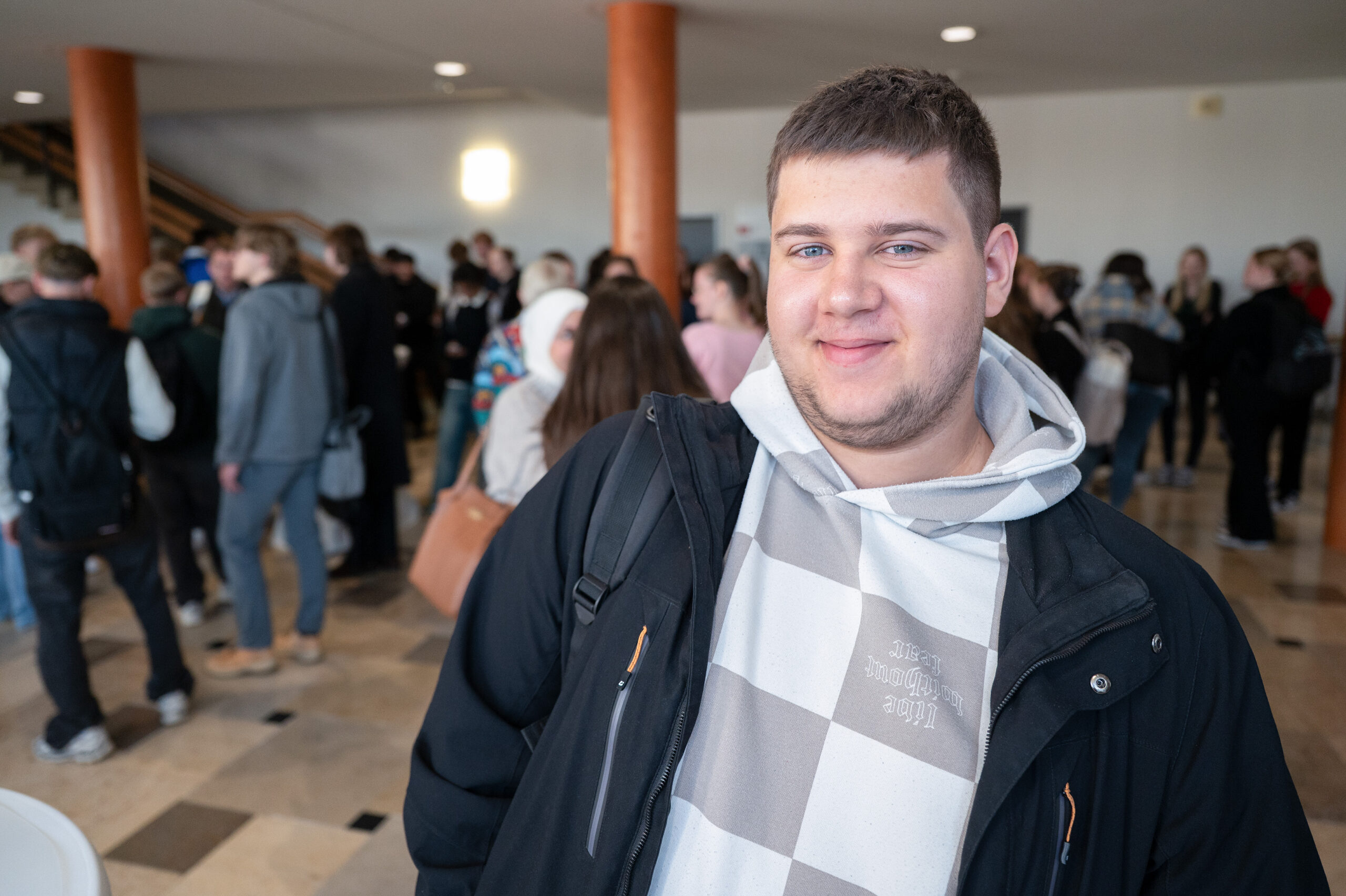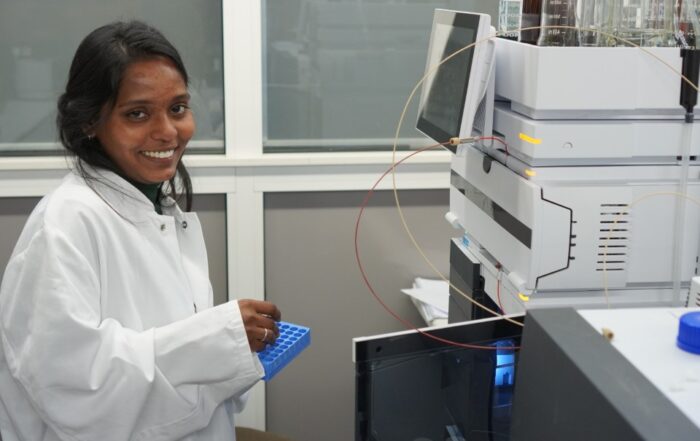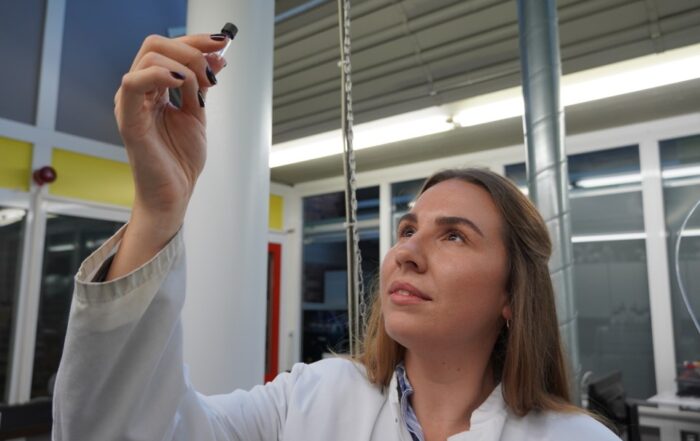20. October '25
(Natalie Schalk)
More than half of a student’s income goes on rent – on average: While a room in a shared flat in Munich costs 800 euros, it is not even half as expensive in Coburg: According to a new study, Coburg is the cheapest university town in Bavaria with an average rent of 370 euros.
According to the latest analysis by the Moses Mendelssohn Institute (MMI), housing costs for students in the winter semester have risen to over 500 euros nationwide for the first time – with students in Bavaria having to pay an average of 603 euros. Johanna Bodmann is lucky: her room in a shared flat in Coburg city center only costs 320 euros. “Warm,” says the 18-year-old and smiles contentedly. “It’s furnished, really fully equipped. That’s really good!” However, the reason why the Baden-Württemberg native chose Coburg University of Applied Sciences was a different one. She likes the Bachelor’s degree course in Integrative Health Promotion (IGF), but Social Work also made her final selection: Both are available in Coburg – and the option of an orientation semester. With a completely individual timetable, students can get to know the content of several degree courses and take their first exams. “As I only graduated this year, I thought: I’ll use the semester to find out exactly what I want to do,” explains Bodmann.
![]() I moved into a shared flat in the city center of Coburg and it’s quite nice. Rent: 320 euros warm.
I moved into a shared flat in the city center of Coburg and it’s quite nice. Rent: 320 euros warm.
Johanna Bodmann, student
She came to Coburg from Karlsruhe at the beginning of October and has been living in Coburg city center with two other students ever since. “That’s nice.” She has also already met many new people at the university – Maximiliane Göller, for example, who also opted for an orientation semester with IGF as a so-called anchor course on her very first day. “The course sounds very interesting,” says Göller, “It’s so broadly based. If you later study in the health sector, you can also work in business or in the social sector.” The 19-year-old has the most affordable housing option: she lives a few kilometers from Coburg with her parents in Weitramsdorf.
From orientation semester to Master’s degree, from the district of Coburg to Calcutta
The journey to study in Coburg was much longer for Abhishek Garg, namely 7,000 kilometers. The 30-year-old from Kolkata had already completed a Chartered Accountancy degree in India and was looking for an opportunity to further develop this prestigious qualification in the field of finance. “I came across the international Master’s program in Financial Management in Coburg via the website of the German Academic Exchange Service DAAD.” Garg was delighted when he was offered admission to the English-language Master’s course – and a reasonably priced place in student accommodation in Coburg. The Studierendenwerk Oberfranken runs five student residences on the Friedrich Streib campus with a total of 506 apartments; there is also a residence on the Design campus with 106 places and one in the old town with 12 places. Garg likes living in the hall of residence and the environment on campus: “I’ve made lots of new friends and it’s really great to live in an international culture.”
As different as the students at Coburg University of Applied Sciences are: The low rents help them all. Max Bächer, 20, comes from near Hof and already found physics interesting at school. “It just grabs you.” Atoms, molecules, the universe – that’s what particularly interests him “Physics provides the basis for understanding the world. That’s what brought me to Coburg.” He is studying technical physics with a company from Selb as a partner(studies with in-depth practice – PraxisPlus). When he works during the semester break and at weekends, he commutes. Otherwise, Bächer also lives in student accommodation. “It costs just under 350 euros – well,” he nods, “that’s perfectly reasonable.”
A question of educational equity
The BAföG flat-rate housing allowance of 380 euros is enough for a place in a student hall of residence in Coburg or a room in a shared flat. However, the analysis by the Moses Mendelssohn Institute (MMI) shows that in 70 out of 88 university cities, the average prices already exceed this value, and in 44 cities the cheaper rents are already higher. Converted to student numbers, this means that three quarters of students live above the flat rate. University locations with around 5,000 students or more were analyzed.
![]() It becomes problematic when parents’ wallets determine whether it is possible to study at the desired location. Educational opportunities must not depend on the housing market.
It becomes problematic when parents’ wallets determine whether it is possible to study at the desired location. Educational opportunities must not depend on the housing market.
Dr. Stefan Brauckmann from the MMI
The coalition agreement has announced an increase in the flat-rate housing allowance to EUR 440. If this were implemented, the number of cities affected would only be 44 (or 25 in the cheaper segment). Across Germany, students currently pay an average of 505 euros for a room in a shared flat. More than half of students would still pay more than the flat rate even with the increase.



